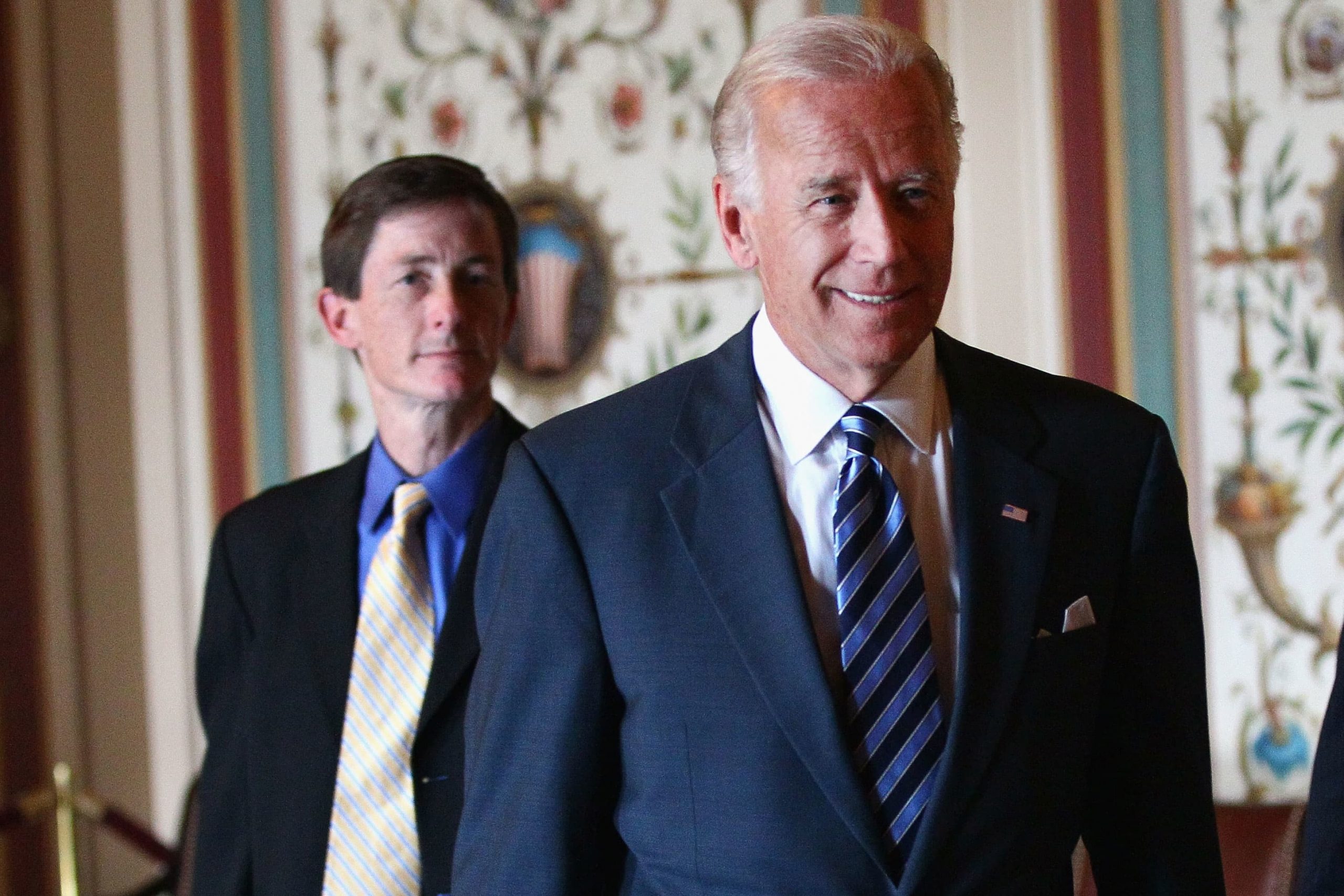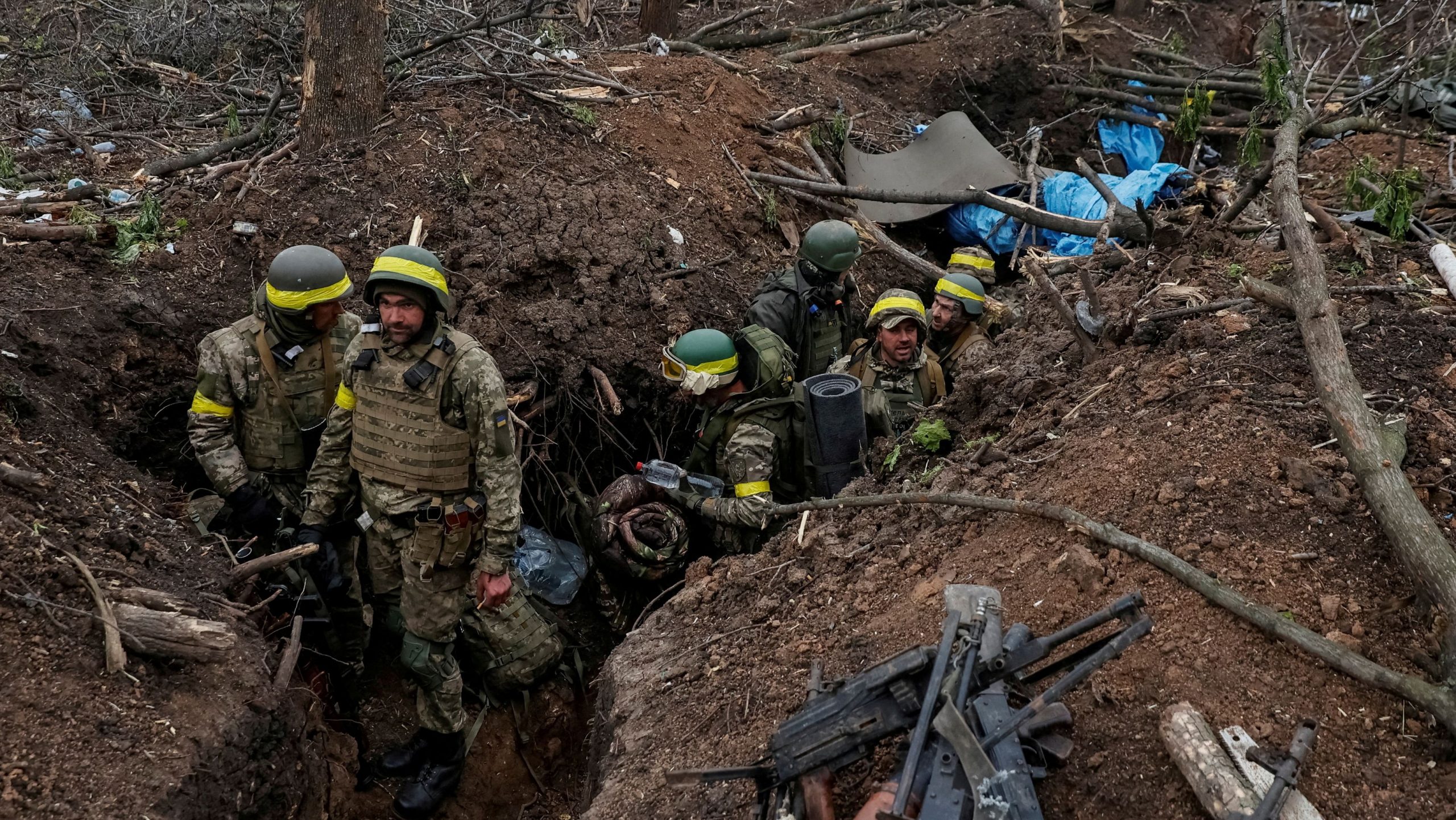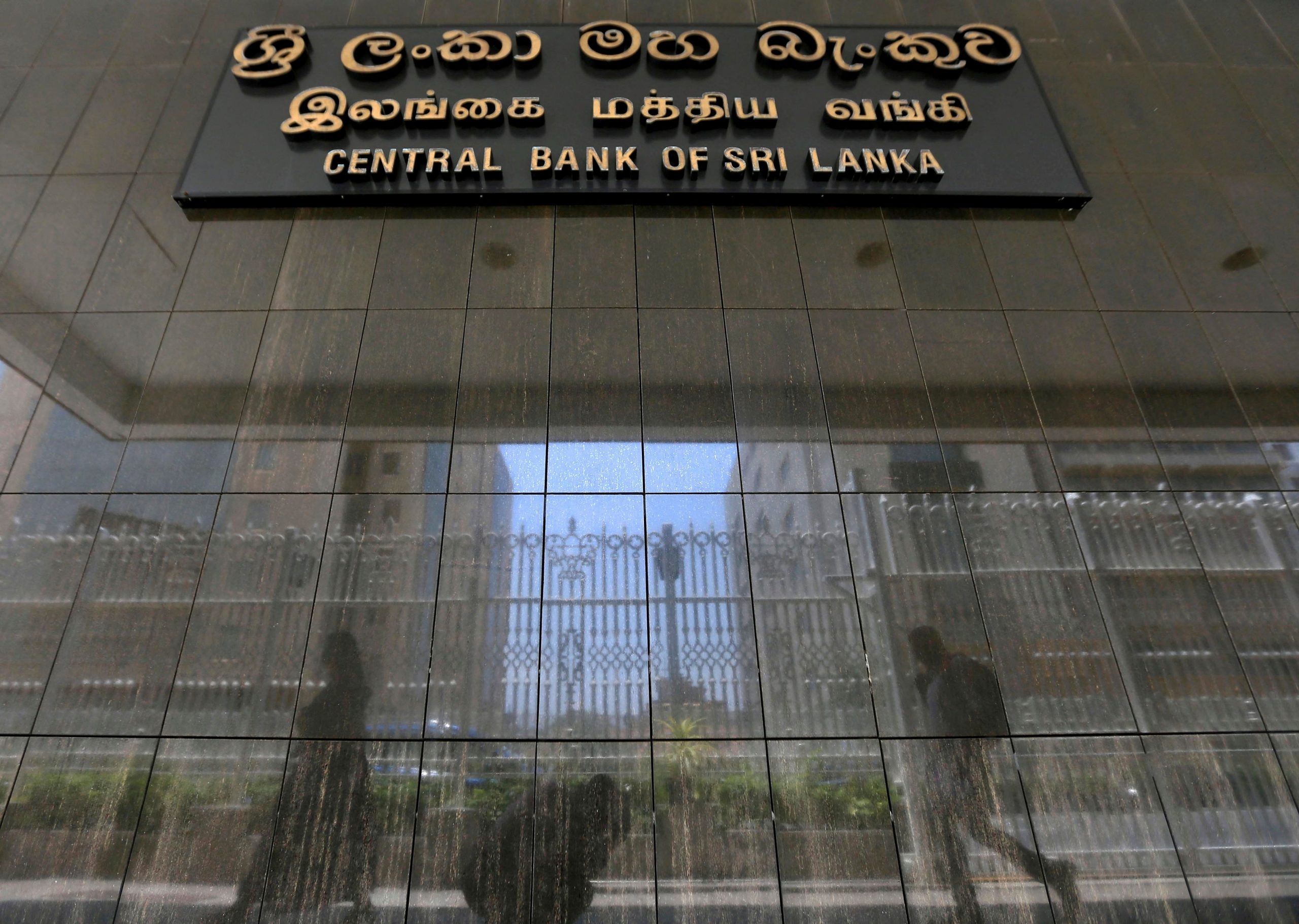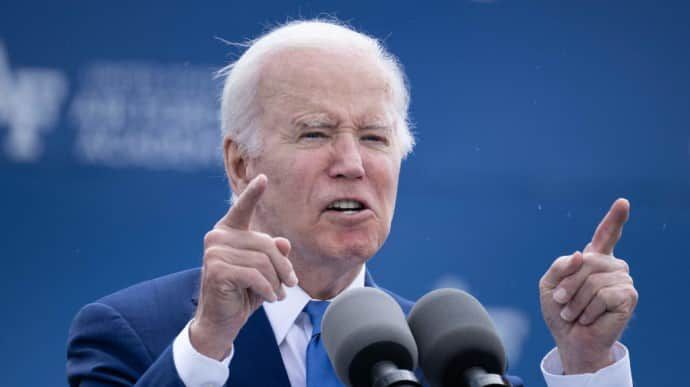Hiroshima, Japan – With the haunting backdrop of the Hiroshima Peace Memorial as a potent reminder of war’s destructive capacity, President Joe Biden, alongside world leaders, is preparing to announce extensive new sanctions on Russia at a dedicated G7 session. The measures are a reaction to Russia’s ongoing invasion of Ukraine, and are designed to cripple Moscow’s war financing further by targeting previously untouched industries and closing existing loopholes.
The Ukrainian President Volodymyr Zelensky is expected to attend the conference, highlighting the escalating gravity of the situation in Ukraine. As the conflict enters its 14th month, Zelensky’s presence at the summit further underlines his ongoing appeals for additional international military assistance.
The US on Friday confirmed plans to significantly tighten export controls, restricting categories of goods pivotal to the battlefield. In addition to this, nearly 300 new sanctions will be launched against Russian “individuals, entities, vessels, and aircraft.” To broaden the sanctions’ global scope, new designations will also be placed across Europe, the Middle East, and Asia, aiming to further destabilize Russia’s economy.
In an unyielding stance against Moscow, the United Kingdom has announced its intention to ban the import of Russian diamonds, a $4 billion industry that had hitherto been relatively unaffected by Western sanctions. New legislation will also prohibit the import of Russian copper, aluminum, and nickel later this year.
The G7’s united front against Russia occurs concurrently with mounting concerns over a possible US default on its debt. Biden’s advisors have warned that such an event could critically undermine American leadership and plunge the global economy into chaos.
As Biden rallies his G7 counterparts for a unified approach towards Russia and China, these concerns over the debt ceiling hang ominously over the summit. The looming default risk presents a paradoxical scenario as the group prepares to increase economic pressure on Russia, a strategy reliant on the strength of the American financial system.
Despite the lingering shadow of a potential default, a senior administration official voiced the urgency of tackling the debt ceiling standoff, emphasizing that the Republicans’ brinkmanship in Washington “undermines American leadership” and global trust in the United States.

In an unprecedented move given the complex circumstances, President Biden has assigned Bruce Reed, a key domestic policy advisor, to accompany him to Japan. This decision is aimed at keeping the President consistently informed about the ongoing dialogue between White House staff and Republican legislators.
The G7 summit is set to tackle a broad spectrum of topics, including but not limited to, Ukraine, China, and advancements in artificial intelligence. However, the looming risk of a US default and the persistent unrest in Ukraine serve to underline the intricate and interconnected hurdles that global leaders must navigate.
In what the senior official termed as a “substantial” US package, new sanctions, and export controls are set to be enacted by all G7 members. This five-pronged plan aims to isolate Russia economically, disrupting its ability to source inputs for its war, and close loopholes that have previously allowed certain Russian entities to evade sanctions.
As world leaders plan their discussions around the conflict’s progression and potential for peace talks, they face difficult choices. Ukraine, bolstered by billions of dollars in Western military aid, is preparing for a counteroffensive. Some leaders are advocating for more advanced weaponry to be sent to Kyiv, but Biden has resisted these calls to prevent an escalation of the conflict.
As the weekend unfolds, the outcome of the G7’s meetings will bear significant implications for both the immediate geopolitical landscape and the broader stability of the global economy. Amid such critical crossroads, the world waits with bated breath.
©traders-news.online










